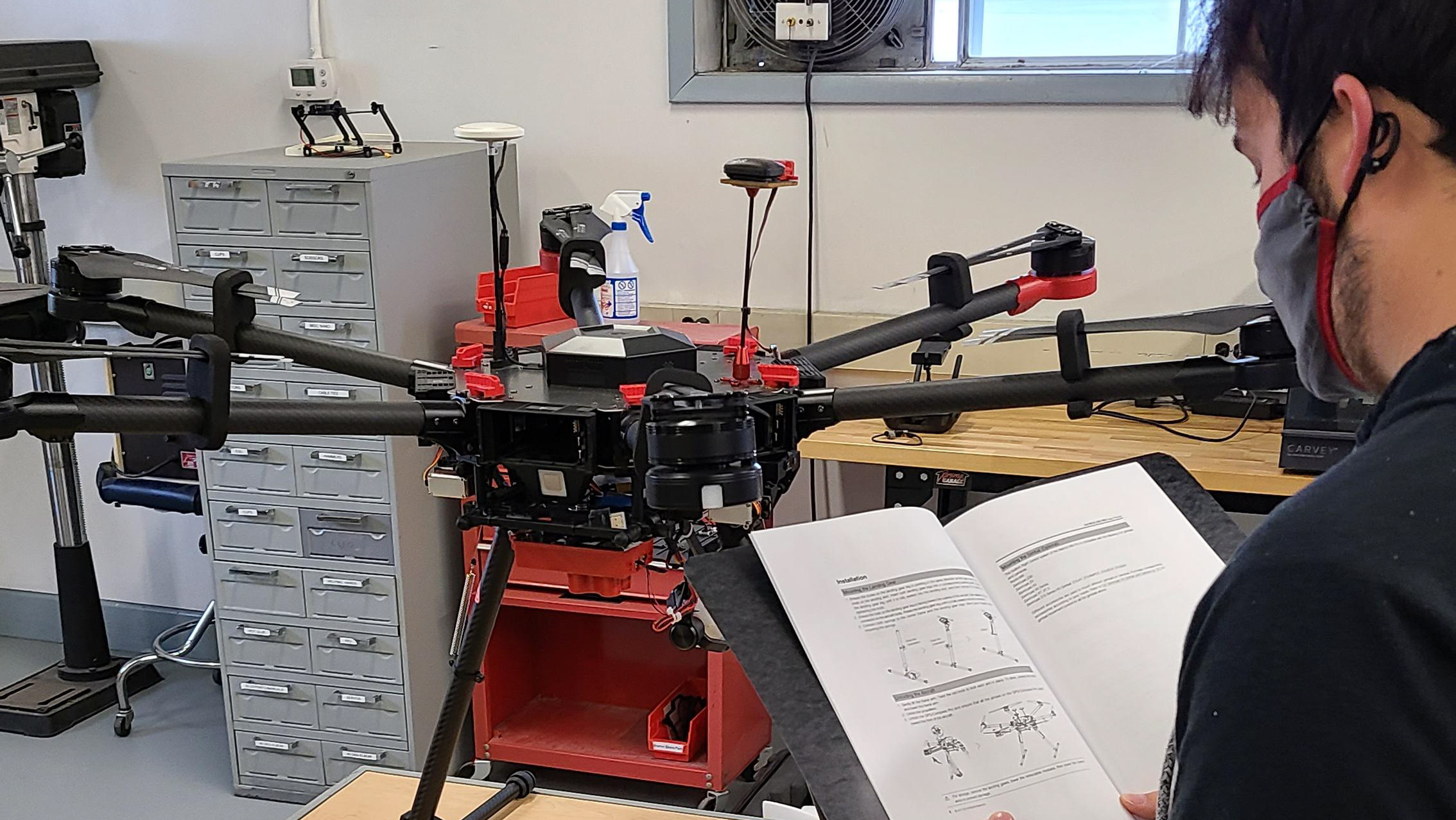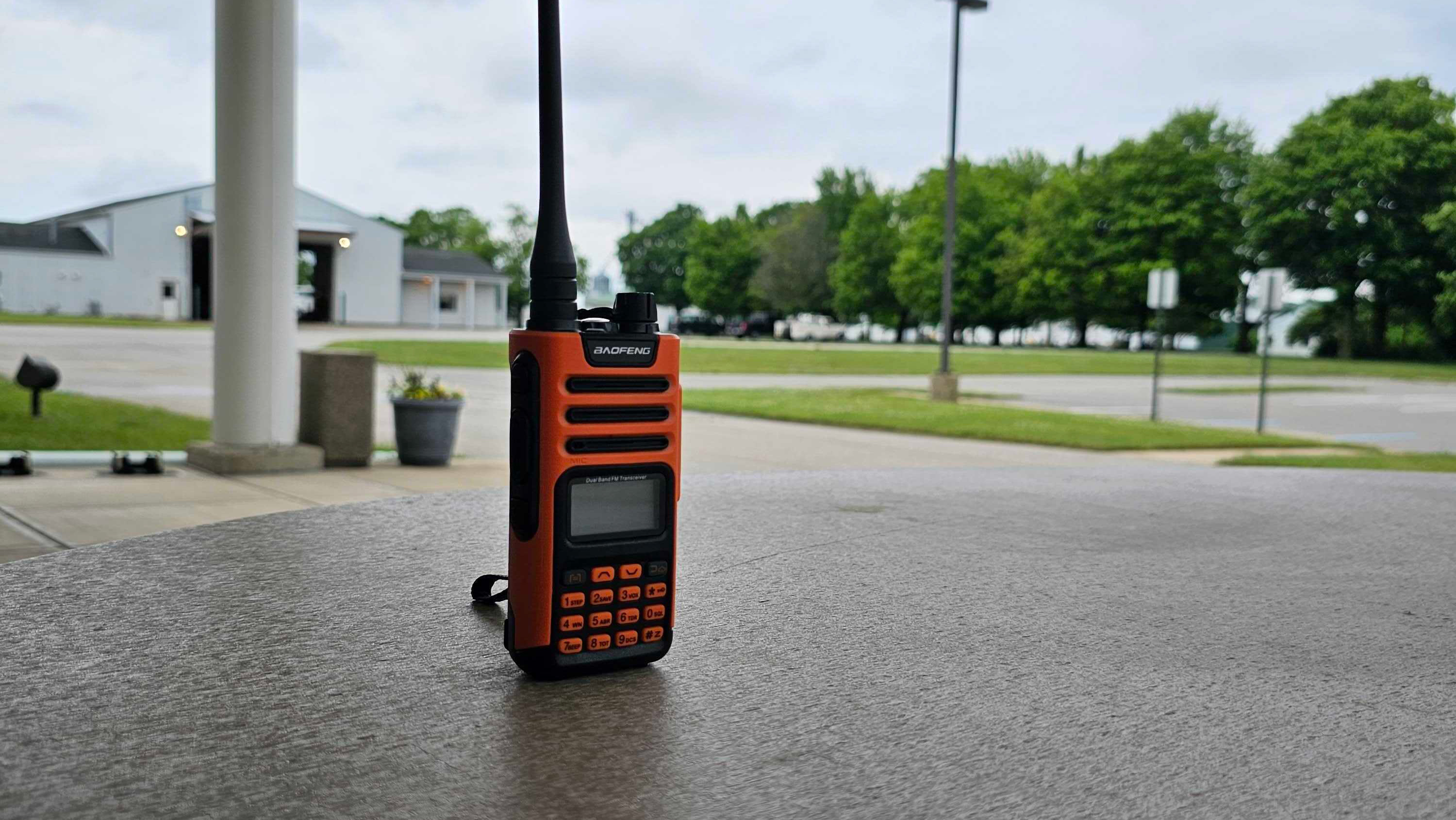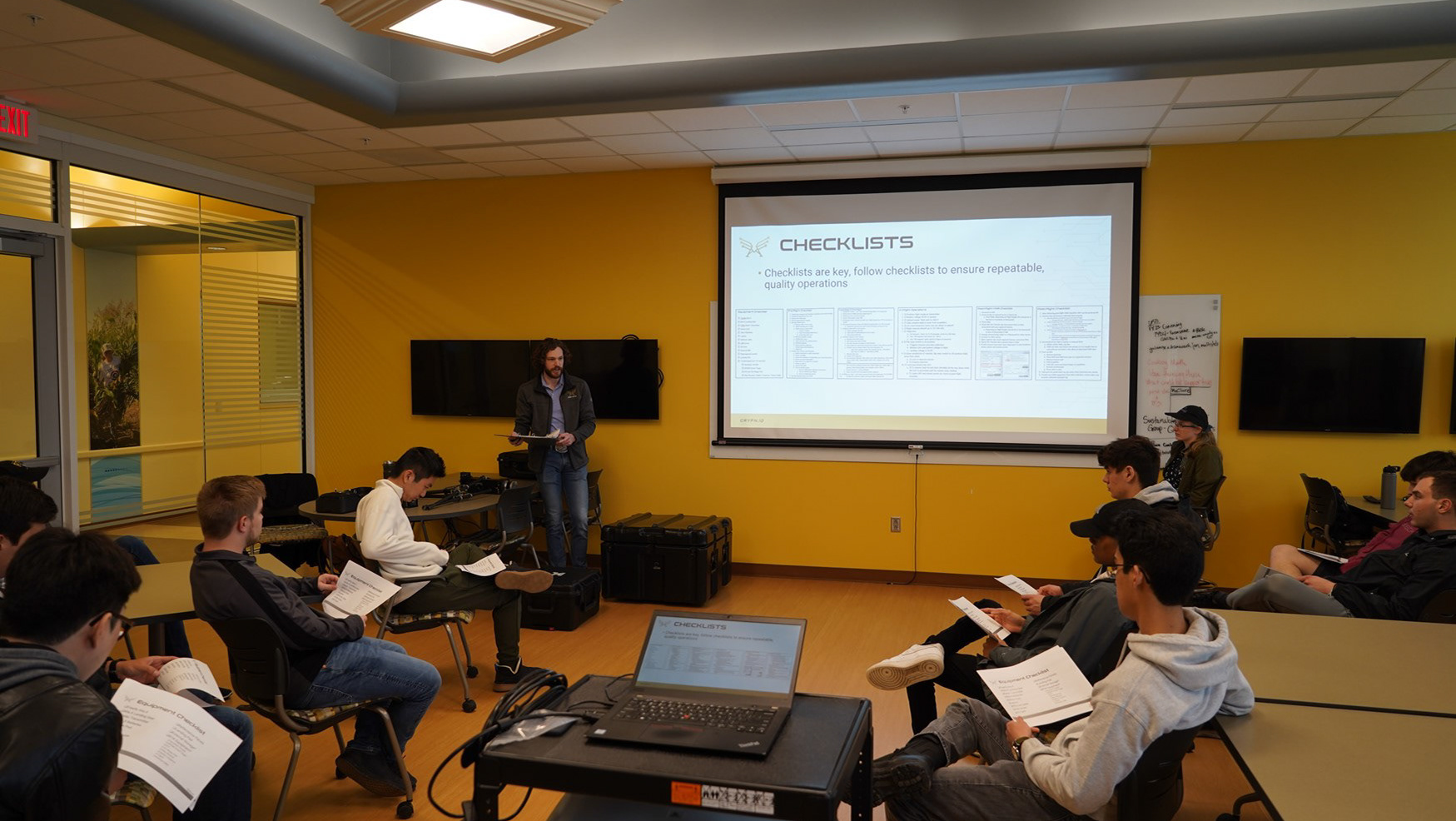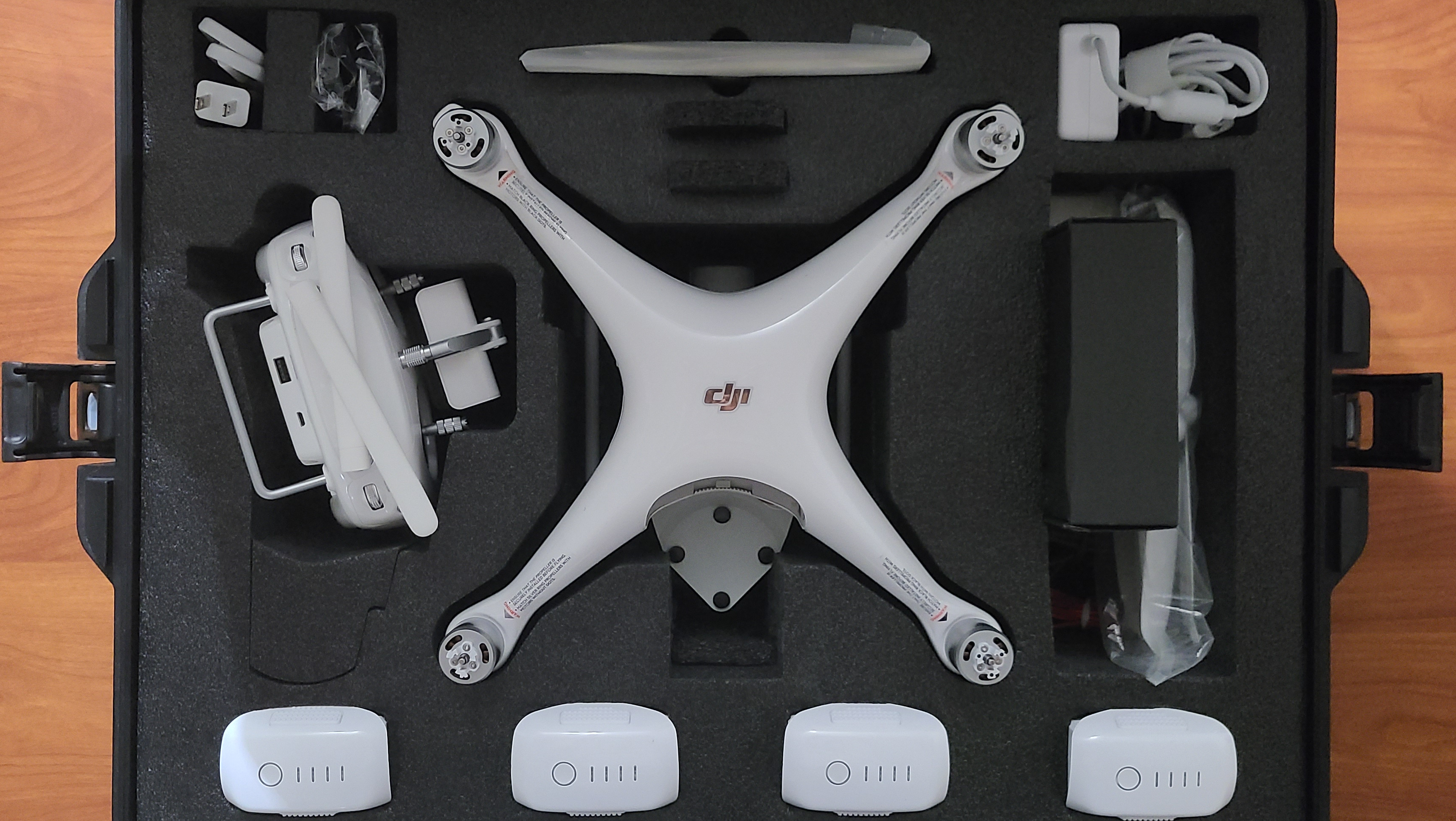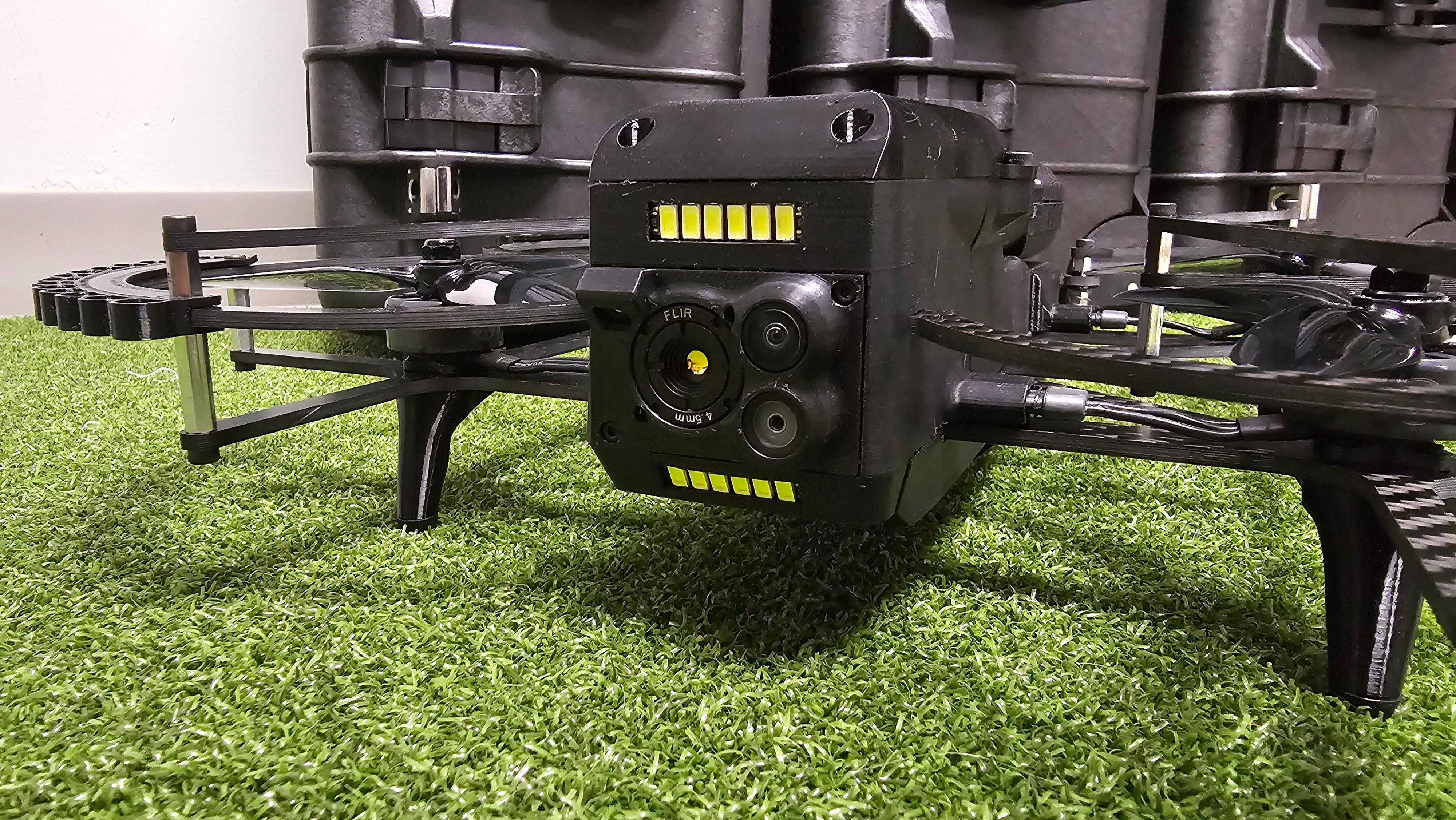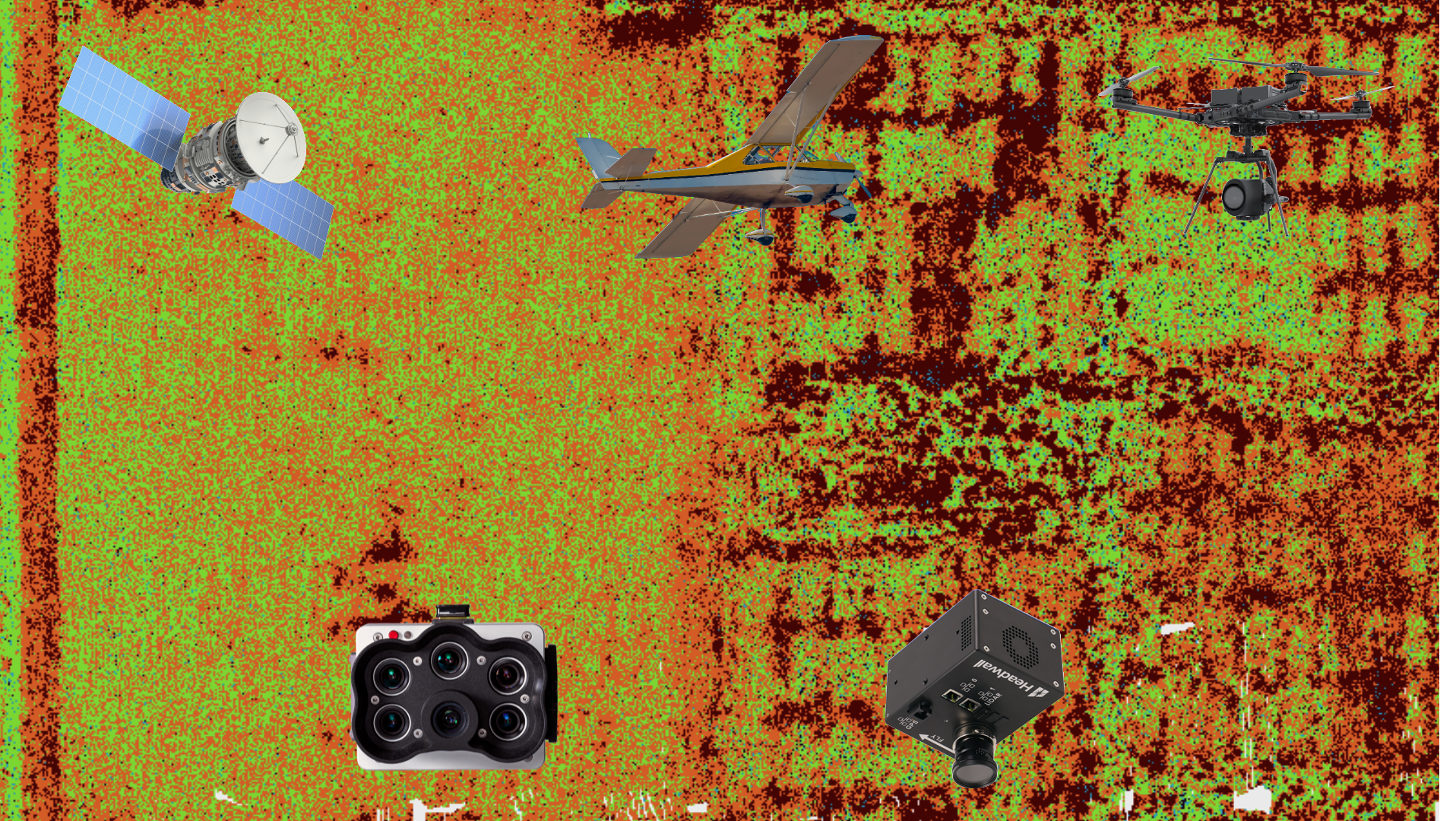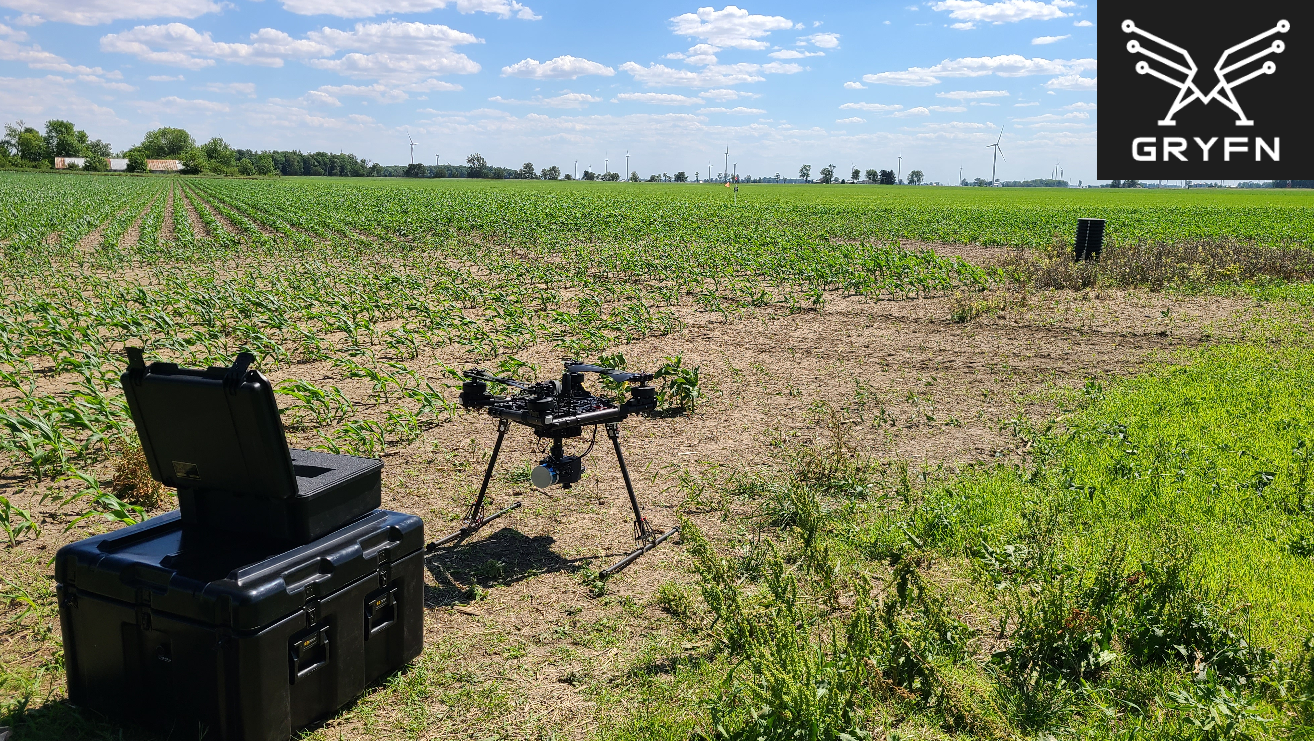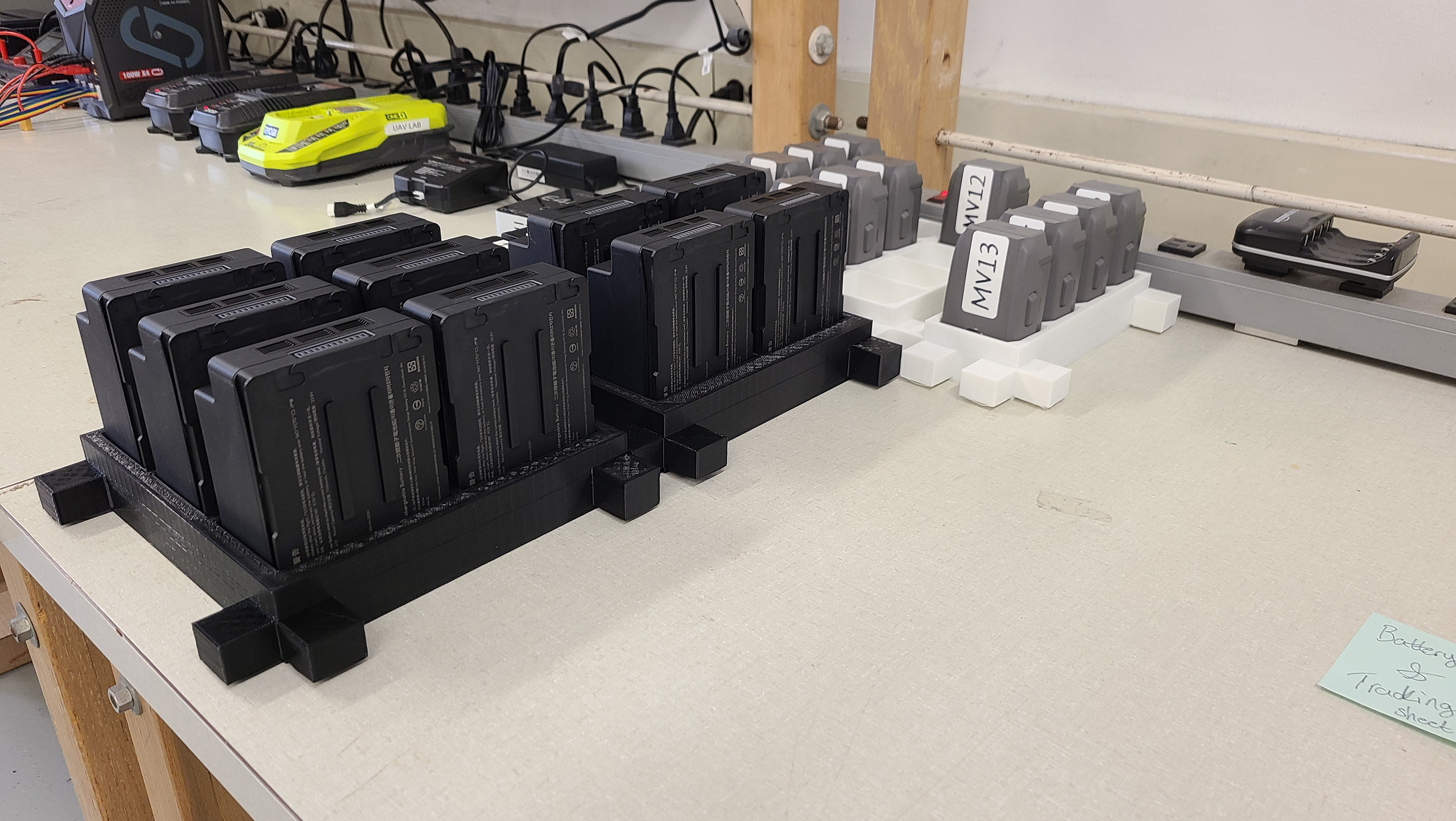Introduction
The Federal Emergency Management Agency (FEMA) is responsible for preparing everyone in the United States for all possible disasters and reacting to the occurrence of disasters across the nation. As part of emergency preparedness FEMA offers a variety of learning opportunities to prepare your family, community, or organization for disasters. One type of opportunity comes in the form of the Independent Study courses. Back in 2020 and 2021 I was assisting one of my college instructors in some research related to Search and Rescue (SAR) operations. At this time, I acquired a variety of certifications from this program that I believed would be beneficial to my future careers involving Unmanned Aerial Systems (UAS). Recently I have revisited these courses and completed new certifications to broaden my horizons. This post is to share some information on the certifications I have received, and how they relate to operations across the UAS industry.
About FEMA Independent Study courses
As the name implies, Independent Study courses are online self-paced courses designed for the public, and those with specific emergency management roles. These courses are primarily free, however there are other forms of education provided by FEMA which do have a cost. FEMA occasionally updates courses, but otherwise certificates from Independent Study courses do not have an expiration date. FEMA has also continued to add new courses, even releasing two new courses as of the month I am writing this, June 2024. To take these courses you’ll need to register for a student identification number, and FEMA will keep a log of your completed course for which you can obtain copies of your specific completed courses, or a transcript of all courses completed.
These Independent Study courses cover a variety of domains that connect back to emergency management. This includes courses related to hazardous materials, natural disasters, planning, problem solving, communication, coordination, laws, and FEMA specific operations and guidance. Courses on hazardous materials and natural disasters provide specific guidance on how situations should be handled, and the role FEMA and other emergency organizations play in their mitigation and response. Courses related to planning, problem solving, and communication are a bit more general, however are key fundamentals to aspects of emergency management. Some of the primary courses that fall into this category discuss things like the Incident Command System (ICS) and National Incident Management System (NIMS). These are structures used to respond to incidents at any level, allowing for inter-agency cooperation, and providing a framework for chain of command, depending on the specific incident. Finally, courses related to laws and FEMA specific operations provide insight into how the federal agency operates, and what may dictate how aid is provided during or after an emergency.
Courses I have completed (as of posting)
Back in 2020 when I initially was introduced to these courses by a college instructor working on SAR research I completed IS-00100.c and IS-00200.c. These courses introduced me to the basics of what is called the Incident Command System (ICS) and some of the ways it is utilized in both emergencies and for event planning. I followed this up that same year by completing IS-00700.b which introduced me to the National Incident Management System (NIMS). NIMS defines the approach all community members, government entities, and private corporations should take to effectively work together to prepare for, mitigate against, and respond to incidents.
In early 2021 I decided to complete a few additional certificates I thought were interesting and had potential to help me prepare for some future opportunities while still in college. These additional certificates I completed were for IS-00029.a and IS-00042. The first gave me more information about the role of the Public Information Officer (PIO) in emergency response. Many of the lessons here I found to be useful in general for a variety of instances for someone in charge of communications in an ever-changing and high stress environment. The second certificate provided insight on how to best navigate spreading critical information on social media. This included information about how to best understand the community you are trying to reach with your message. IS-00042 was updated later in 2021, and because of this I have recompleted this course to update my certificate to IS-00042.a.
This year I found time to revisit these Independent Courses and worked to complete a few additional certificates. The certificates I have obtained to-date are IS-00020.24, IS-00021.24, IS-00066, IS-00103, and IS-00800.d. IS-00020.24 and IS-00021.24 cover information about diversity awareness, and civil rights involved in disaster assistance. These courses I felt were important to take as they provided me with a different look at how diversity plays an important role in large operations that involve multiple types of organizations, and how certain steps can be taken to better serve those around you who have different backgrounds. IS-00066 was about preparing the nation for space weather events. This one was interesting to take as there has been a lot of solar activity this year, and understanding the variety of ways these events can and have impacted life on Earth. IS-00103 is FEMA’s certification for GIS Specialists. As I’ve spent a lot of time in GIS applications for my job, I found this one interesting. This certificate covers an overview of how FEMA handles it GIS operations, and how to get jobs done effectively while operating within the law. Finally, IS-00800.d is about the National Response Framework (NFR). This course lays out the overarching components, tools, and goals for incident response. This information can be used on the local level just like ICS and NIMS principles, but NFR is more overarching and helps dictate how to best prepare, mitigate, and respond to an incident for your, community, state, region, or nation.
Conclusion
There are many courses available through the FEMA Independent Study program, all covering a variety of topics. As a UAS operator and GIS data analyst many of these feel important for people in similar roles to take. While we might not all be working hand in hand with government, or incident response teams on an active basis, by taking these courses we are better prepared to volunteer our expertise as necessary. Even outside of UAS and GIS operations these courses can help you play a key role in ensuring your organization has prepared correctly for a variety of emergency situations. Being prepared makes your response to an emergency more efficient and starts positively impacting people sooner. Below is a link to the full FEMA Independent Study course list, and I highly encourage you to take a look at them.
